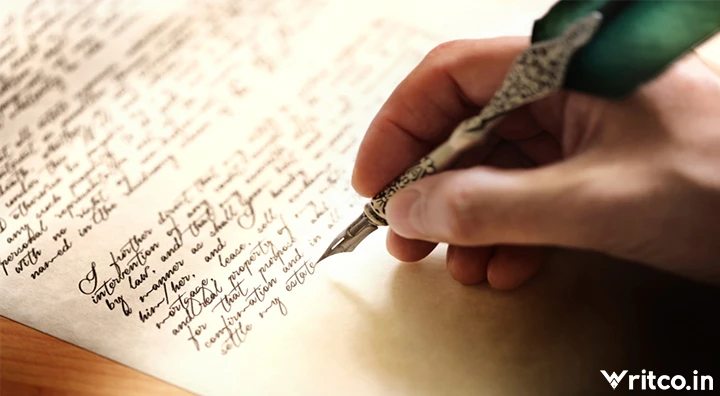Writing difficulties
The following is a passage from my journal relating to my difficulties in writing novels or long form poetry with plots (short poems/sonnets are fine for me) and the conclusions I came to about how to get around the feelings of inadequacy involved. I thought I would post this here in case anyone has the same dissatisfaction with their own writing ability and are looking for ways to push through it and work hard to become a good writer. In a typically melancholic way, this entry is all about dealing with emotions rather than actual writing tips in case that was what you were looking for. Please feel free to let me know your thoughts or if you have anything to add that may help.
***
My creative life is still chaotic and full of doubts although I am easily buoyed by minor successes. I often torture myself by reading works by great poets and comparing them to my mediocre self; the cliche of a writer’s anxiety of influence which I am self-aware of yet powerless to prevent. I still fall into the trap of rewriting the same passage over and over again when I know the best policy is to write it to completion, publish it, then move onto the next story knowing our skill will gradually improve with use.
Perhaps I should make another list of things I should not do creatively and hold to them just as steadfastly as my list of vices to avoid. I have just paused and stared out the window for five minutes, evincing the difficulty in defining such rules clearly. One point I can begin with, although its not clear if a “rule”...
***
My creative life is still chaotic and full of doubts although I am easily buoyed by minor successes. I often torture myself by reading works by great poets and comparing them to my mediocre self; the cliche of a writer’s anxiety of influence which I am self-aware of yet powerless to prevent. I still fall into the trap of rewriting the same passage over and over again when I know the best policy is to write it to completion, publish it, then move onto the next story knowing our skill will gradually improve with use.
Perhaps I should make another list of things I should not do creatively and hold to them just as steadfastly as my list of vices to avoid. I have just paused and stared out the window for five minutes, evincing the difficulty in defining such rules clearly. One point I can begin with, although its not clear if a “rule”...




